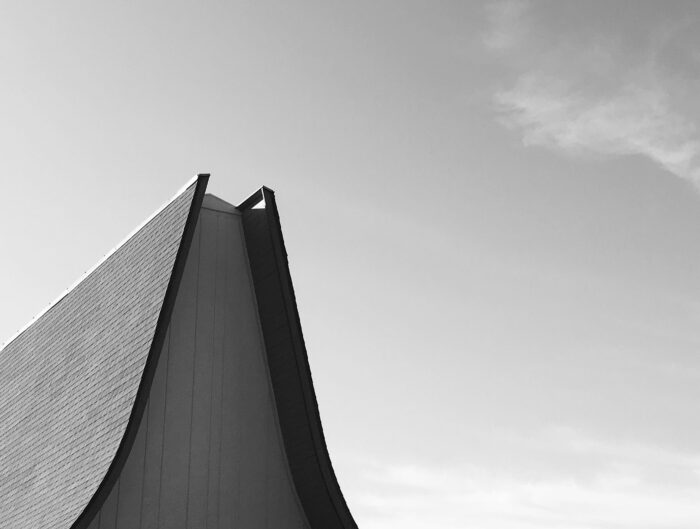The poem “sanctuary” by German Dario Piedrahita Abdala was one of the first I read from the slush. I remained captivated by it and thought of it often during the entire reading season. In the parlance of our times, it’s a pretty kick-ass first line: “the man who walked by our dreams/left coins under a ceramic square”(!)
Then, when the reader is hooked and waiting with questions, I love the way Dario Piedrahita Abdala approaches us quietly and from so many angles. From an immigrant perspective, the speaker is unassuming and quietly confident, which Dario Piedrahita Abdala illustrates with little or no capitalization and minimal punctuation. There are stops and starts mimicked by white space, just as people from different backgrounds communicate.
If the reader does not know the speaker’s narrative, we recognize in this fable the themes of inequality, reciprocation, and transaction:
the soil was everything to the coins
and dichotomy:
the man and coins will be
without home (free)
Through the universality of these themes, we come to know the speaker and ourselves, our complicity, which is drawn out by the speaker’s generous expression of their culpability expressed in the last lines:
in migration broke the tile
When we reach this ending, we’ve listened, we’ve seen, we’ve felt, we’ve understood, and we still have questions, which makes the ending not an ending at all but a beginning to another conversation, which I also love and want to see more of out in the world. This poem satisfies a craving for the kind of necessary, imperfect, circuitous communication that leads to a deeper understanding of ourselves and others, and I’m completely here for it. ◆
